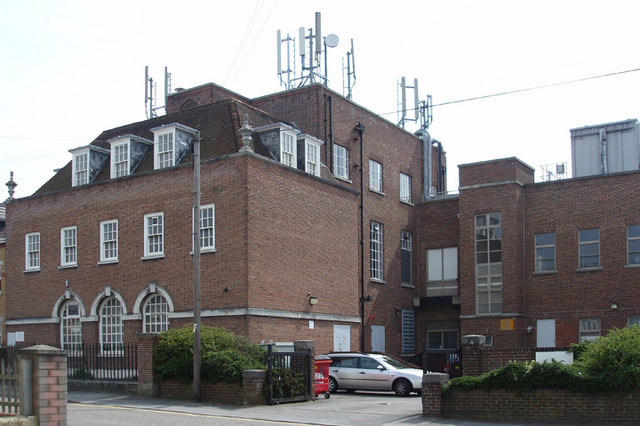Although some members of the public express concern that mobile phones may cause cancer no credible evidence exists for a causal link between cancer and the weak magnetic fields associated with mobile phones.
A paper published today* by a team from the Manchester Institute of Biotechnology in Interface, a Journal of the Royal Society, following a study of the effects of weak magnetic fields on key human proteins shows that such weak fields have no detectable impact on flavoproteins.
Members of a class of protein called flavoproteins perform functions vital to human health. The paper, Magnetic field effects as a result of the radical pair mechanism are unlikely in redox enzymes, shows that flavoproteins should be prime candidates for susceptibility to magnetic fields but are not in fact likely to be affected.
"Although widely implicated in radical pair chemistry, we conclude that thermally driven, flavoenzyme-catalysed reactions are unlikely to be influenced by exposure to external magnetic fields."Noting that "persistent observations made from across the world over several decades have compelled the International Agency for Research on Cancer (IARC) to categorize extremely low frequency MFs as ‘possibly carcinogenic to humans’ in their report (IARC 2002) to the World Health Organization" and that "in 2011, the IARC published a review of the evidence on health risks of magnetic field effects (MFEs) concluding that current evidence is inadequate to confirm the existence of health consequences from exposure to low level environmental MFs" the team attempted to find evidence of a mechanism by which magnetic fields might have health consequences. The team found none.

If there is a link between mobile phones and cancer it remains as unproven today as it was when the words quoted below were published.
Currently, there's no consensus about the degree of cancer risk — if any — posed by cellphone use.
November 20 2012
Mayo Clinic
Exposure to ionizing radiation, such as from radiation therapy, is known to increase the risk of cancer. However, although many studies have examined the potential health effects of non-ionizing radiation from radar, microwave ovens, and other sources, there is currently no consistent evidence that non-ionizing radiation increases cancer risk.
The only known biological effect of radiofrequency energy is heating. The ability of microwave ovens to heat food is one example of this effect of radiofrequency energy. Radiofrequency exposure from cell phone use does cause heating; however, it is not sufficient to measurably increase body temperature.Reviewed June 24 2014
National Cancer Institute
There have been dozens of news stories on a potential link between mobile phones and cancer. But that doesn't prove there is a link. The official line is that there is "no convincing evidence" of a link between mobile phones and cancer.
Indeed, we considered a news report about a similar study published in May 2014 to be "inconclusive", while a 2010 news report on similar research demonstrated cherry picking by journalists of what the researchers described as "anomalous" results.
So far, the scientific evidence shows it is unlikely that mobile phones could increase the risk of brain tumours, or any other type of cancer. But we do not know enough to completely rule out a risk.---------------------------------
Updated July 25 2014
Cancer Research UK
*
Magnetic field effects as a result of the radical pair mechanism are unlikely in redox enzymes
Hanan L. Messiha, Thanyaporn Wongnate, Pimchai Chaiyen, Alex R. Jones, Nigel S. Scrutton
DOI: 10.1098/rsif.2014.1155Published 10 December 2014
.




Comments